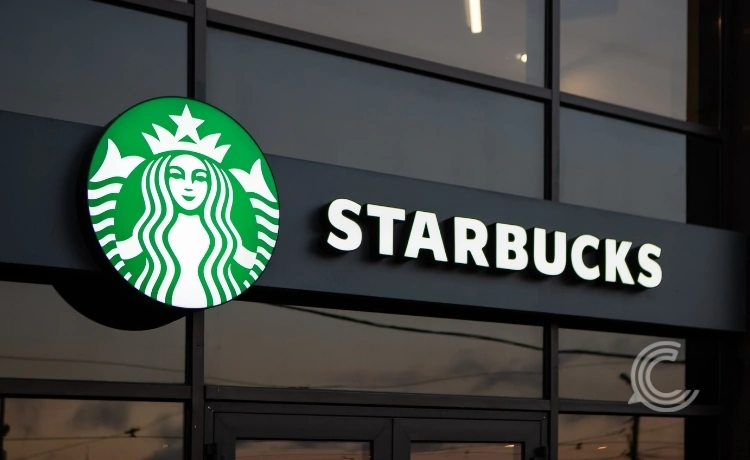Starbucks Investors Urge Union Talks to Resume Amid Labor Tensions

Key Highlights–
- Investors urge Starbucks to restart union talks over staffing, wages, and labor disputes.
- More than 100 unfair labor practice complaints, strikes, and protests highlight growing tensions.
- Starbucks announces $1B restructuring, including store closures, amid stalled negotiations.
Starbucks investors are demanding the company reopen discussions with its workers’ union as labor unrest intensifies across the United States.
Starbucks Investors Renew Pressure for Labour Talks
In a letter published on the New York City Comptroller’s website yesterday, a coalition of major shareholders, including NYC Comptroller Brad Lander, Trillium Asset Management, the Shareholder Association for Research and Education, and Pensions Investment Research Consultants, has urged Starbucks’ board to restart negotiations with Starbucks Workers United.
The investors said the company’s labor relations had “significantly deteriorated,” citing more than 100 unfair labor practice complaints this year alongside strikes and walkouts across U.S. outlets.
Stalled Negotiations and Widening Divide
Talks between Starbucks and the union began in April 2024 but soon reached an impasse. Starbucks Workers United, which represents over 12,000 baristas nationwide, has been at odds with management over staffing levels, pay, and working conditions.
It has been nearly three years since workers at a Starbucks store in Buffalo, New York, won the first-ever union election at a company-owned outlet in December 2021. Despite that milestone, however, no formal contract has been signed at any of the more than 650 unionized stores across the United States.
The letter from shareholders warned that the prolonged standoff was eroding employee morale and damaging the company’s reputation as a socially responsible employer.
Labour Strikes and Store Closures
The renewed investor pressure comes as Starbucks undergoes a sweeping $1 billion restructuring drive under CEO Brian Niccol. The plan includes closing underperforming stores in North America, among them the flagship unionized outlet in Seattle.
Additionally, the union leaders have condemned the closures as retaliatory, while the company insists they are driven by business needs. In December 2024, workers staged multi-day strikes across several U.S. cities during the busy holiday season, demanding better pay and stronger protections.
“Over three years have passed since the first successful union election, and yet no contract agreement has been reached,” the shareholder letter said. Starbucks Workers United republished excerpts of the message on its own site, signaling growing frustration within its ranks.
Investors Seek Stability Before Damage Deepens
Shareholders behind the letter urged the board to act swiftly, warning that prolonged disputes risk harming long-term profitability. They said restoring trust with employees would help Starbucks protect its customer loyalty and maintain consistent operations in a tightening retail market.
Analysts quoted by The Financial Times have cautioned that sustained labor unrest could hit Starbucks’ brand image and recruitment efforts, particularly among the younger workers who prefer working at unionized workplaces. If talks resume, the company may have to face tough negotiations over wage adjustments. Furthermore, it schedules guarantees and health benefits while balancing its cost-cutting goals.
Industry observers note that Starbucks is far from alone. Companies such as Amazon and Trader Joe’s are seeing renewed organizing activity as U.S. workers are demanding stronger representation amid inflation and stagnant wages.
What Lies Ahead
For Starbucks investor involvement could mark a turning point. The letter reflects a shift in corporate governance sentiment, where major funds increasingly view fair labor practices as part of long-term value creation.
If Starbucks returns to the table, both sides will have to navigate deep mistrust built over years of stalled discussions. Whether these talks restart soon may determine not just the future of the company’s workforce relations but also its reputation as a global coffee icon built on community and culture.



